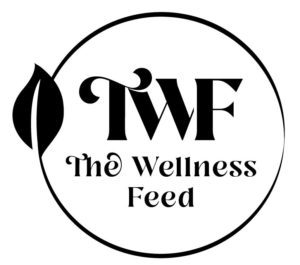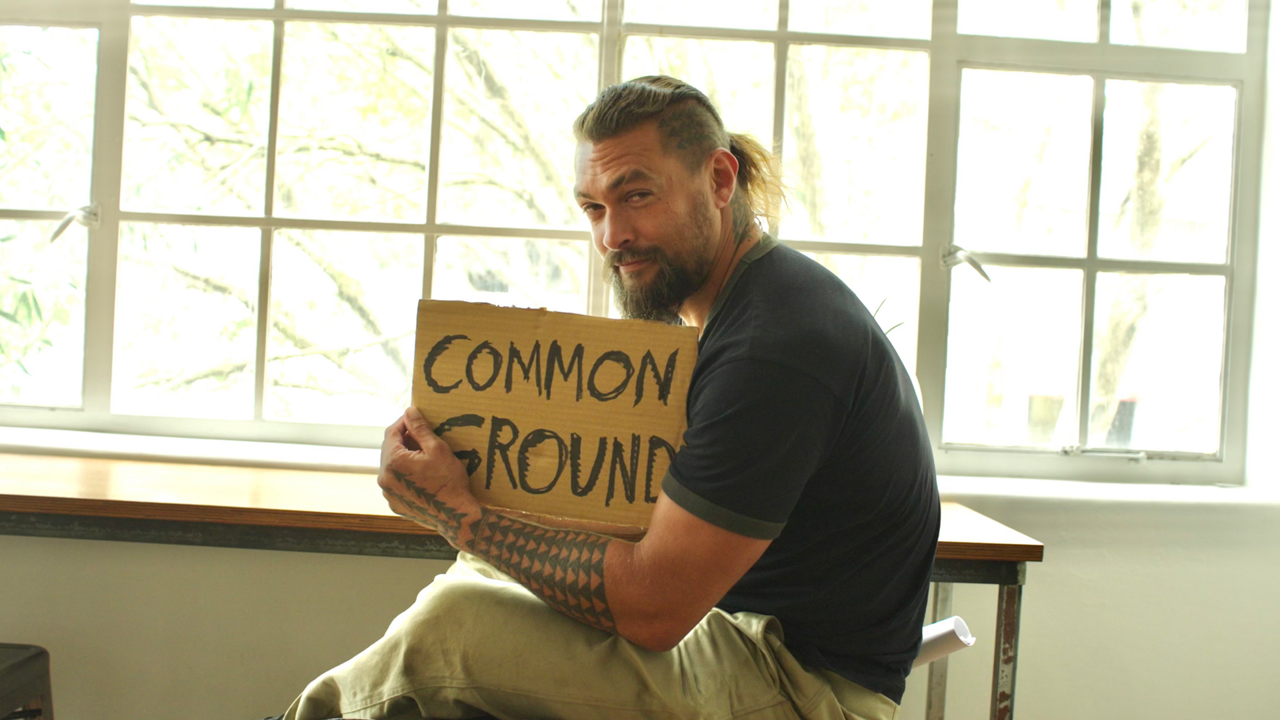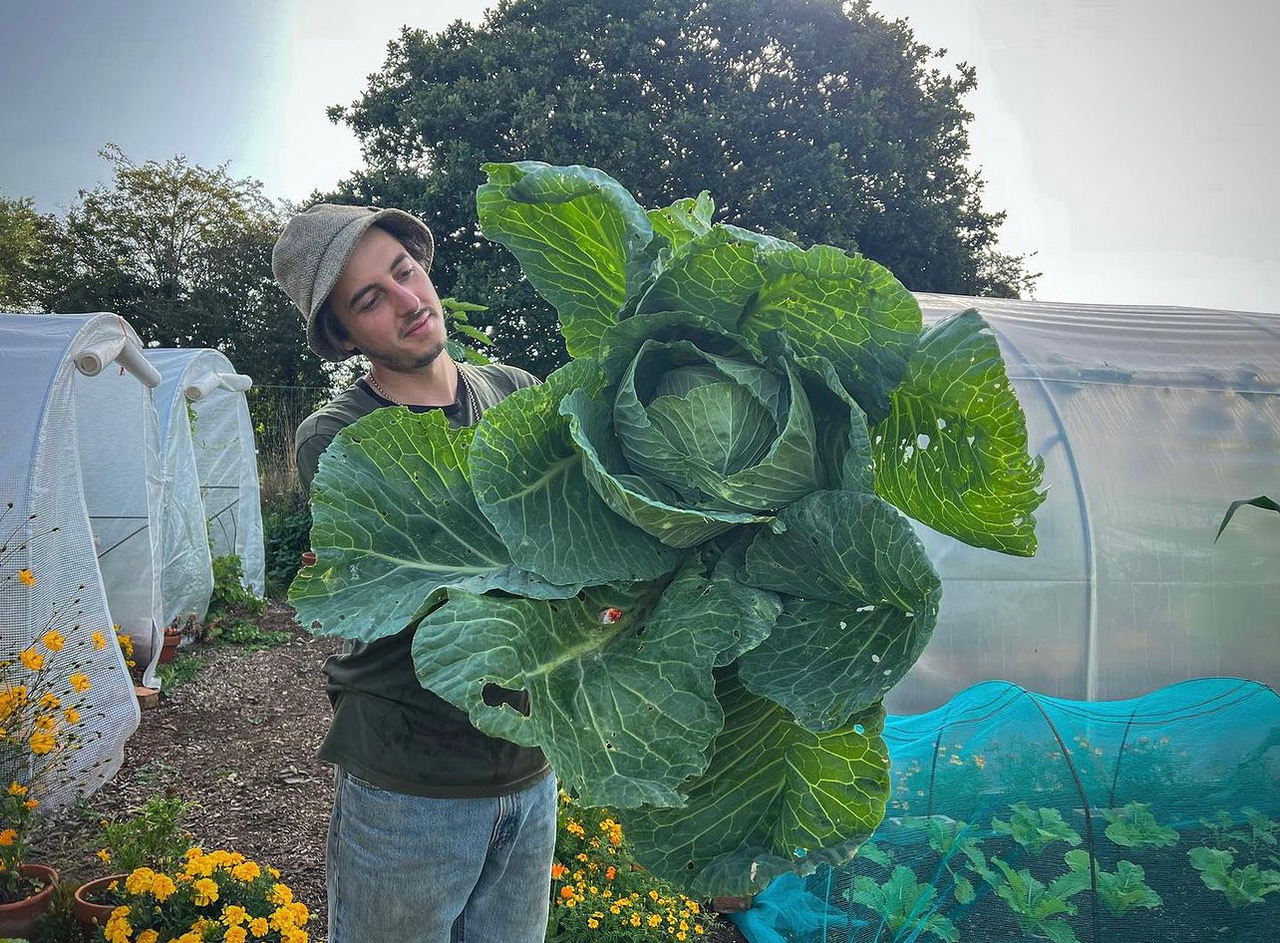Common Ground is a new documentary that highlights how saving our soils can help save the planet from climate change.
It’s time to talk about our soil. Common Ground, a documentary by Josh and Rebecca Tickell tells the story of how money and politics have forged our food current food system that is far from the regenerative ways of indigenous farmers. Regenerative agriculture is a food system that nurtures, replenishes, and restores our soil’s health. Instead of focusing squarely on profit, it incorporates a conservationist approach to reserve water, rebuild organic matter, and protect biodiversity. You may have learned a little about this in school when our history books touched on the crop rotation method developed by George Washington Carver in the late 1800s to plant peanuts, legumes, and peas to increase nitrogen in the soil. By rotating crops, farmers were able to ensure that nutrients vital to the health of our soil were maintained. Farmers today who incorporate regenerative agricultural methods can forgo using toxic chemicals, preserve the nutrients in our soil, and offset the impacts of climate change.
Nature is always self-organizing, self-healing, and self-regulating. If we would cover the earth with a biodiverse array of plants, animals, and insects we wouldn’t hear about climate change anymore. We’d have food that is truly nutrient-dense.
Gabe Brown, North Dakota Farmer
But, the reality today is that only a small portion of our farmers adopt regenerative methods. At a glance, America’s food system is far from regenerative. It is predominantly focused on profit through methods that increase output while sacrificing the health of the soil. A lot of those methods incorporate chemicals that are toxic to farmers, our food, and our soil. This has a snowball effect that in turn is damaging the livelihoods of our farmers, the nutrients in our foods, and our land. It’s also an instigator of some of the most pressing problems of climate change.
Why Is Our Food System NOT Regenerative Today?
Most answers boil down to money and power. Understanding why our food system is the way that it is today is no different. There’s a well-oiled machine fueled by six companies controlling a billion-dollar pesticide industry.
- Six corporations—Monsanto, DuPont, Dow, Syngenta, Bayer, and BASF—control 75% of the world pesticides market.
- Factory farms now account for 72% of poultry production, 43% of egg production, and 55% of pork production worldwide.
- Only four corporations—ADM, Bunge, Cargill, and Dreyfus—control more than 75% of the global grain trade. They overwhelmingly push commodity crops like corn and soy on local farmers at the expense of native crops.
Common Ground uncovers how farmers are educated to use chemicals and feed into a billion-dollar industry that leaves them in debt and exposed to dangerously high levels of carcinogenic agricultural chemicals. Suicide rates are also higher among farmers, ranchers, and others in the farming community than the overall population. These are hard facts to digest, especially when we realize that farmers are stewards of one of our most vital resources- our soil and our food system.
Soil. Food. Climate Change.
Fast fashion. Fast food. Fast agriculture. The negative impacts of these industries far outweigh the fast profits because nature isn’t fast. Our modern agricultural practice is destroying topsoil at a rate that is 10 to 40 times faster than it is being replenished. This is referred to as topsoil erosion. When topsoil erodes, it takes the nutrients with it. Studies have shown that common grains, fruits, and vegetables have as much as 70% fewer nutrients like calcium, iron, and vitamin C than in the 1950s. Topsoil erosion is also linked to climate change. Degraded land means fewer plants to absorb greenhouse gases or retain water that prevents rivers from flooding. This is just the tip of the iceberg about how modern food production practices are degrading. Regenerative agriculture offers healing and solutions to some of the most pressing problems impacting our planet, farmers, and our food supply.
“Nature is the mother of us all. And if momma ain’t happy, we’re fucked.”
Jason Momoa, narrating Common Good
Regenerative agriculture is a way to manage the land that works in harmony with nature by mimicking nature. It’s a holistic approach that isn’t one-size-fits-all but is about realizing what that particular environment needs. Common Ground explores how parts of the Chihuahuan desert have been regenerated into the fertile grasslands through planned grazing. This goes against the idea of confined facilities for animals that were introduced in the 1950s. But, restricting the relationship between animals and nature brought a host of problems- one of them being droughts. As a solution, some ranchers are bringing cattle to mimic the way that wild buffalo would have interacted with the environment.
Animals’ relationship with nature is a two-way road that cycles nutrients. When cattle feed on natural grass, their hooves break the tight layer of the topsoil while their manure fertilizes the ground and provides a rich ecosystem of bugs that bring further nutrients to the soil for more grasses to grow. These grasses pull water from the ground that perspires into the air and creates rain. When done in a controlled manner that avoids overpopulation and grazing, this is one example of a regenerative solution that doesn’t require harmful chemicals and provides a positive benefit to enhance the habitat.
What Can We Do As Consumers?
The film also raises questions about the ethics of a food system that places profit before health. We see it in the layout of grocery stores whose real estate is dedicated mostly to processed food made from a handful of the same crops and a lot of chemicals. Comparatively, produce sections are small, and local produce sections are even smaller. As consumers, we can vote with our dollars and buy organic and local. We can support farmers directly and shop from our local farmers’ markets. When we eat out we can look for farm-to-table restaurants.
The Farm Bill impacts the lives of everyday Americans and people around the world in immeasurable ways. It’s about keeping American farm families from failing, because if they fail, every American suffers.
Representative G.T. Thompson
Those of us who are willing and interested in being politically active can express concerns to policymakers. We can ask them to fund and support programs such as:
- Environmental Quality Incentives that support regenerative farming.
- Climate Stewardship Act that invests in reforestation and wetland restoration
- Justice For Black Farmers Act: addresses and reforms discriminatory farming policies that have caused black farmers to lose millions of acres of farmland.
Viewing and sharing the film to open the dialogue around regenerative agriculture is another way to be a part of this movement. Buy a ticket to a screening or submit a request to your local theater to showcase the film. However you choose to join the conversation, we’re all needed to uplift our farmers, preserve our soil, and protect future generations against the impact of climate change.
Purchase tickets to a screening in your area:
Details
| 10/27 -11/9 | San Francisco, CA | Roxie Theater – GET TICKETS |
| 11/3-11/9 | Winthrop , WA | Barnyard Cinema |
| 11/3-11/9 | Oakland , CA | The New Parkway – GET TICKETS |
| 11/13-11/15 | Washington D.C. | The Miracle Theatre – GET TICKETS |
| 11/18 | Chicago, IL | Music Box – GET TICKETS |









